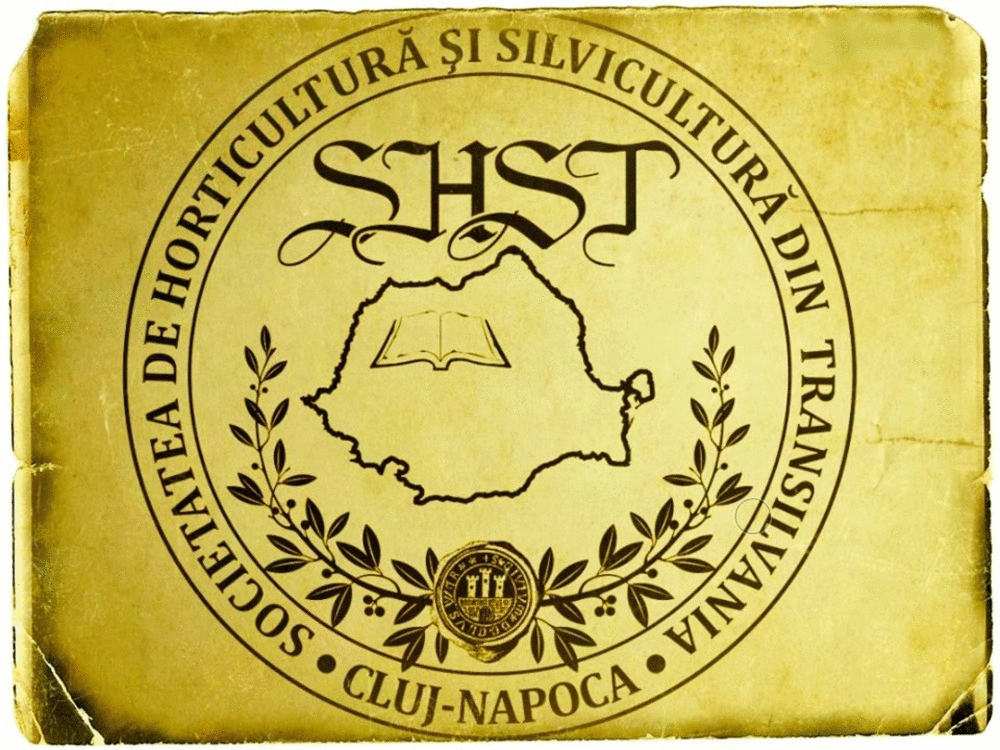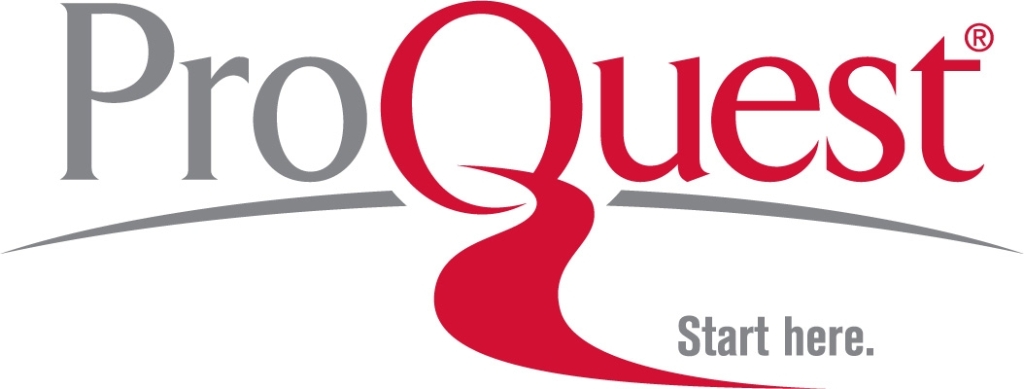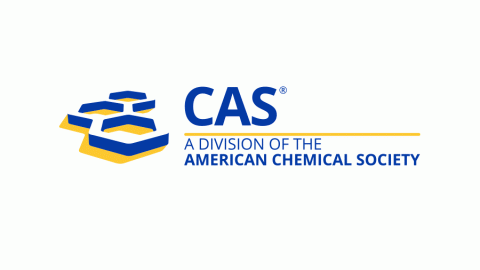Biocontrol of Sclerotium rolfsii in Groundnut by Using Microbial Inoculants
DOI:
https://doi.org/10.15835/nsb919992Abstract
Sclerotium rolfsii (Sacc.) is the causal agent of stem-rot in groundnut (Arachis hypogaea L.)crop. With the increase in demand for the groundnut, control of stem-rot efficiently by microbial strains is fast becoming inevitable as the conventional system of chemicals is degrading our ecosystem. This investigation here emphasizes on inoculation of arbuscular mycorrhizal fungi (AMF) and Trichoderma species for growth achievement and disease control. The present investigation showed that these microbial strains were found to be worth applying as they stimulated growth and decreased harmful effects of S. rolfsii (cv. ‘Western-51’). The increased biochemical parameters and antioxidant activities also indicated their defence related activities in groundnut plants. In spite of positive attributes meted out by these microbial strains towards groundnut crop, the interaction among AM fungi and Trichoderma species seemed to be less co-operative between each other which were noted when mycorrhizal dependency and percent root colonization were observed. However, in summary more practical application of low-input AM fungi along with Trichoderma species may be needed for the advancement of modern agricultural systems.
Metrics
Downloads
Published
How to Cite
Issue
Section
License
Papers published in Notulae Scientia Biologicae are Open-Access, distributed under the terms and conditions of the Creative Commons Attribution License.
© Articles by the authors; licensee SMTCT, Cluj-Napoca, Romania. The journal allows the author(s) to hold the copyright/to retain publishing rights without restriction.
License:
Open Access Journal - the journal offers free, immediate, and unrestricted access to peer-reviewed research and scholarly work, due SMTCT supports to increase the visibility, accessibility and reputation of the researchers, regardless of geography and their budgets. Users are allowed to read, download, copy, distribute, print, search, or link to the full texts of the articles, or use them for any other lawful purpose, without asking prior permission from the publisher or the author.













.png)















